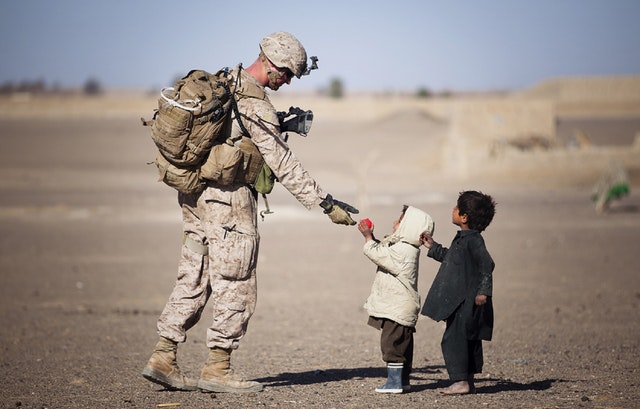In this 5-minute video, psychologist Dacher Keltner of the University of California Berkeley says that humans are built to be kind to one another. He says also that due to our environments and the way we have been raised can affect the capacity for compassion. In a surprising revelation, Keltner says that individuals in lower classes (those who are poor) have a tendency towards greater compassion compared to those who grew up in the higher wrungs of society (those who are rich).
Implications for AI
In a world where there is no God that governs our daily interaction, It is easy to misconstrue Charles Darwin’s theory of the survival of the fittest. No wonder transhumanists have no regard for the future of our entire civilization, after all, not all humans deserve to achieve immortality [see article Radical Life Extension Is Not Meant For Everybody]. But Keltner is saying that this interpretation of Darwin’s idea is incorrect and has been misused for a long time. If cooperation, compassion, and unity are the cornerstone of human survival, how do we make these alive in this time of global crises?
A transcript of the video is available for download below.
Read Original Article

Read Online
Click the button below if you wish to read the article on the website where it was originally published.

Read Offline
Click the button below if you wish to read the original article offline.
You may also like
-
Over-Reliance on AI Could Raise Risk of Developing Dementia
-
Consciousness Is Not In The Brain: What The Science Shows
-
Study shows highly creative people have “unique brain connectivity”
-
Breakthrough study shows defining traits are forged the moment we’re born
-
Study finds a single neuron is a complex system
